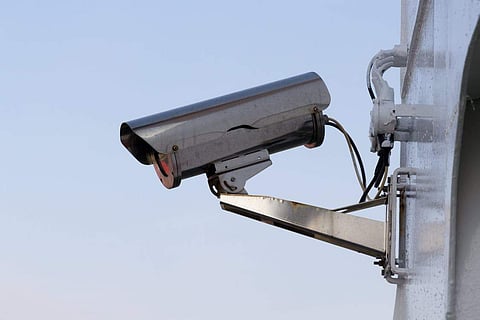

THIRUVANANTHAPURAM: The Latvian tourist's disappearance and subsequent murder was a wake-up call to the Police Department. Until then, the capital city was considered safe. When news of her disappearance spread, the lack of enough security cameras on the beach, despite the frequency of innumerable tourists, was brought to light.
Had there been more CCTV cameras, investigators could have easily spotted the location from where the tourist had disappeared. Therefore, the first corrective measure initiated by the police was to install CCTVs in designated areas.
The then City Police Commissioner P Prakash prompted the Tourism Department to install cameras in and around Kovalam Beach. "There was a need for more cameras which was glaringly noticed after the Latvian woman tourist's missing and death. As a result, 50 cameras were installed in the area," he said. The police also took the help of private parties such as residence associations and shop owners to mount more cameras.
After the macabre murder of the Latvian tourist, the police also intensified action against drug rackets. The two men arrested from Panathura in connection with the murder of the woman were claimed to be drug addicts. Following this, the Anti-Narcotics wing of the police intensified its functioning in the area. Prakash, who is now the DIG of the Armed Battallions, said the biggest anti-drug enforcement against the drug racket took place after the Latvian's murder. "The details of drug peddlers were collected and appropriate action was taken. Police patrolling along the beach was intensified to curb the sale of narcotics," said Prakash.
Purging the beach off criminals and illegal hawkers also featured in the police agenda. "History of the people involved in various trades at the beach was checked. Those with criminal antecedents were thus identified and removed. Illegal hawkers were also asked to leave," he said.